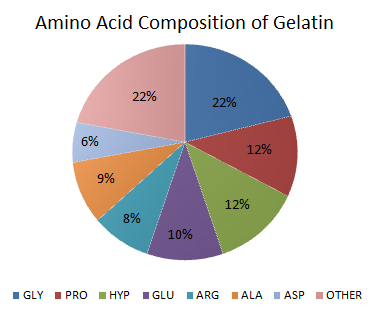| drug name | Collagen Fillers |
| classification | Dermal Fillers |
| pharmacokinetics | Collagen fillers are administered by injection into the dermis. They are not absorbed systemically. The filler remains in the injected area for several months or years, gradually being broken down by the body's natural processes. The exact pharmacokinetic profile depends on the specific type of collagen filler, including the source (animal or human-derived) and formulation. |
| suggested dosage | Dosage is highly variable and depends on the specific product, treatment area, and desired outcome. It is determined by a qualified healthcare professional, who will assess the patient's individual needs and plan the appropriate injection volume. There's no standardized 'dose' in the way there would be for a pill. This is a procedure requiring a skilled clinician. |
| indications | Collagen fillers are used to correct various aesthetic concerns, including:
* Reducing the appearance of wrinkles and folds
* Adding volume to the cheeks, lips, or other areas of the face
* Improving facial contour and symmetry
* Restoring volume loss due to aging
* Correcting scars
* Creating a more youthful facial appearance. |
| safety in pregnancy | There is insufficient data on the safety of collagen fillers during pregnancy. They should not be used during pregnancy unless the potential benefits outweigh the risks. Consult a healthcare professional for personalized advice. |
| safety in breastfeeding | The safety of collagen fillers during breastfeeding is not well established. It's best to avoid use during this period. |
| side effects | | 1 | Pain and swelling at the injection site | | 2 | Bruising | | 3 | Redness | | 4 | Numbness | | 5 | Infection | | 6 | Irritation or itching | | 7 | Hard lumps or bumps | | 8 | Asymmetry of the treated area | | 9 | Visible or palpable filler migration | | 10 | Allergic reactions (rare) | | 11 | In some cases, collagen filler can induce inflammatory reactions and lead to nodules or granulomas (a type of abnormal tissue growth). |
|
| alternatives | |
| contraindications | | 1 | Known hypersensitivity or allergy to collagen or other ingredients in the filler | | 2 | Uncontrolled inflammatory conditions | | 3 | Bleeding disorders | | 4 | Local infection at the injection site | | 5 | Pregnant or breastfeeding | | 6 | Any medical condition or treatment which may affect tissue healing or immune response. |
|
| interactions | There is no known direct drug interaction with collagen fillers. However, interactions with other topical or systemic medications, or underlying health conditions must be considered. Discuss all current medications with your physician. |
| warnings and precautions | | 1 | Collagen fillers are administered by trained professionals. It's crucial to select a qualified and experienced physician or aesthetic practitioner. | | 2 | The results are often not permanent and may require further treatments over time. | | 3 | Detailed informed consent is essential before any treatment. | | 4 | Monitor the treated area for any signs of complications. | | 5 | Contact your physician immediately if you experience any unusual symptoms. | | 6 | The specific risk-benefit profile needs to be carefully considered in individual patients based on their clinical situation. |
|
| additional information | | 1 | Various types of collagen fillers exist. The type, source, and formulation are factors that influence the outcome of the procedure. Always discuss with a qualified professional about the most suitable options. | | 2 | Follow all post-treatment instructions carefully for optimal results and minimizing risks. This usually includes avoiding strenuous activity, applying ice packs as needed, and keeping the area clean. | | 3 | Long-term safety and efficacy of collagen fillers are not fully understood. The potential impact of fillers on future treatments and outcomes needs consideration. |
|
| patient profile | |
